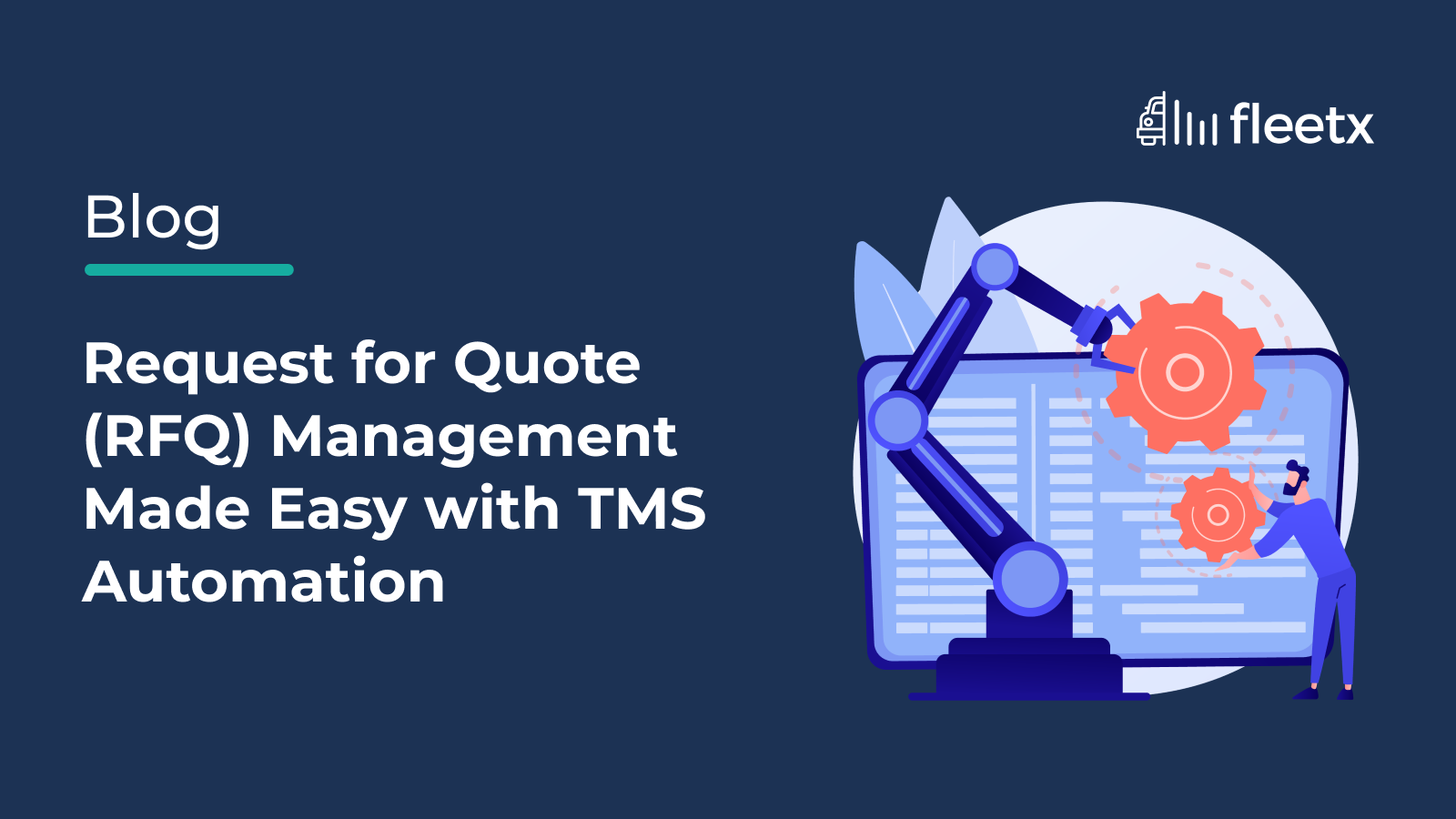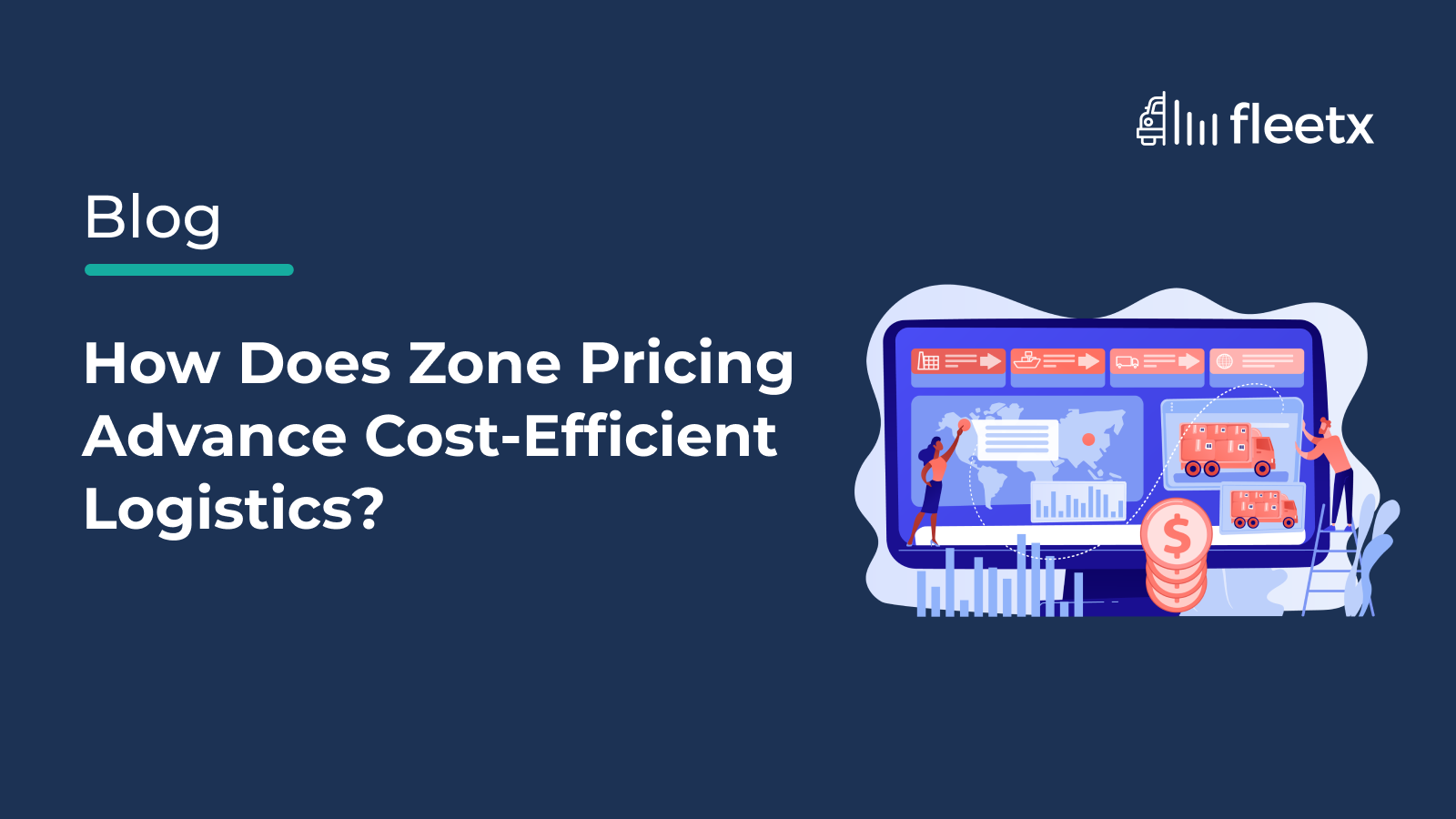
Securing contracts through requests for quotes (RFQs) is an important process for many businesses. However, managing RFQs effectively can be a complex and time-consuming task, especially in India’s fragmented logistics landscape. This is where technology can step in - to simplify processes, enhance efficiency and transform RFQ management. By automating tedious workflows and providing actionable insights, Transportation Management System (TMS) automation ensures businesses can manage RFQs with ease and precision, and make the right decisions for their growth.
In this article, we will identify the challenges presented by traditional methods of RFQ management, explore proven solutions to address them, as well as provide some additional insights on how a TMS can help your organization grow!
The Challenges with RFQ Management
Traditionally, RFQ management in logistics leads to several challenges that prevent smooth operations and profitability:
- Manual Processes: Many companies rely on outdated and/or manual methods to prepare, track, and submit RFQs. This leads to errors, delays, and inefficiencies.
- Data Overload: Evaluating multiple RFQs requires analyzing large amounts of data, and considering multiple variables. Without the proper tools, it becomes overwhelming and might lead to the wrong decision.
- Ineffective Cost Estimation: Calculating accurate transportation costs, considering fluctuating fuel prices, and optimizing routes can be difficult without automated tools.
- Communication Gaps: Inefficient communication among stakeholders delays decision-making, and increases the risk of losing out on good opportunities.
These pain points highlight the need for a smarter, and more efficient approach to RFQ management.
How TMS Automation Can Help
TMS automation addresses these challenges by streamlining and optimizing every stage of the RFQ management process. Here’s how it works:
1. Create RFQ Effortlessly
Simplify the RFQ process with an intuitive platform that enables businesses to not only generate detailed requests quickly, but also do so accurately. This ensures that logistics companies can solicit bids efficiently for long-term contracts while also reducing manual effort and errors.
2. Dynamic Rate Negotiation
Optimize costs with real-time rate negotiation, thereby maximizing procurement efficiency. By leveraging innovative technology, logistics businesses can stay ahead of market fluctuations and secure the most competitive rates. Automated bidding ensures transparency and unbiased selection of vendors, encouraging sustainable growth.
3. Customizable Contract Terms
TMS platforms allow businesses to tailor contract terms that align with their logistics needs. Through the platform, companies can adjust service levels, contract durations, and pricing structures, ensuring that agreements support their long-term strategies while remaining flexible to changing requirements.
4. Unified Cost Monitoring
Gain full visibility into budgets, rates, and procurement costs in real-time. A centralized dashboard ensures complete transparency in the RFQ process, enabling businesses to track expenditures, monitor financial trends, and make informed decisions that optimize logistics spending.
5. Strategic Vendor Collaboration
Build long-term partnerships with reliable vendors through integrated communication and collaboration tools. TMS automation enhances vendor interactions, ensuring mutual transparency, better service agreements, and more consistent contract fulfillment.
6. Cost Predictability and Optimization
Achieve greater financial clarity by leveraging fixed-term contracts, which provide stable pricing structures. This feature enables businesses to plan budgets effectively and identify opportunities for long-term cost optimization, while minimizing financial uncertainties.
7. Cost-Effective Negotiation
Secure competitive rates through automated and real-time negotiation features, to maximize cost savings while also ensuring the best service quality. Advanced analytics support decision-making, allowing logistics businesses to lock in favorable terms without unnecessary delays.
8. Risk-Free Contract Management
Navigate compliance requirements effortlessly with automated contract management. By reducing manual intervention, businesses can minimize procurement risks, improve document tracking, and focus on strategic decision-making rather than administrative challenges.
Key Features of Fleetx’s TMS
Fleetx’s TMS stands out amongst its competitors with its innovative features that address the unique needs of the Indian logistics industry:
- AI-Powered Analytics: Provides actionable insights to identify the most profitable RFQs
- Seamless Integrations: Works with existing systems, including GPS trackers, fuel management tools, and ERP platforms
- Customizable Dashboards: Offers intuitive and user-friendly dashboards tailored to specific business needs
- Mobile Accessibility: Ensures teams can access RFQ data and updates on the go
ROI of TMS Automation
Investing in TMS automation can significantly streamline your operations and set up your business for future success. After introducing a Transport Management System, businesses report:
- 25-30% Reduction in Operational Costs: By minimizing manual processes and optimizing routes.
- Improved Bid Success Rates: Data-driven insights lead to more competitive and accurate bids.
- Time Savings: Automation reduces the time spent on repetitive tasks by up to 50%.
These benefits demonstrate the impact TMS automation can have on logistics operations, prompting an increasing number of businesses to include this solution as part of their operations.
Conclusion
RFQ management doesn’t have to be a difficult task; with TMS automation, businesses can simplify processes, minimize errors, and focus on winning profitable contracts. Fleetx’s smart solutions empower logistics companies in India to stay competitive by leveraging smart technology solutions and AI.
TMS platforms pave the way for smoother operations and greater success in the logistics industry by addressing common challenges such as manual inefficiencies, data overload, and inaccurate cost estimation. For companies looking to optimize their RFQ management process, exploring tools like those offered by Fleetx is a step toward a more efficient and profitable future.






